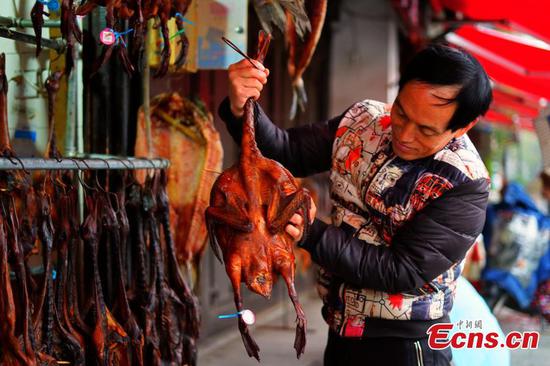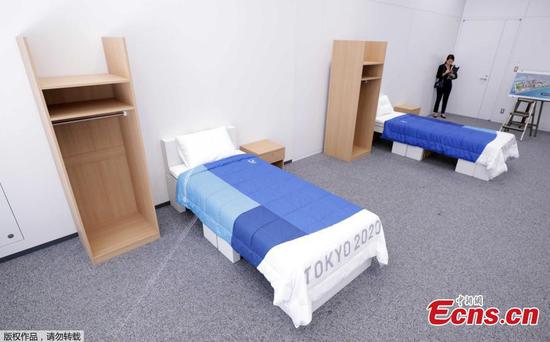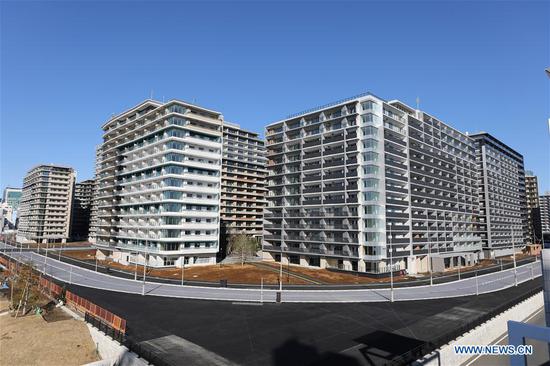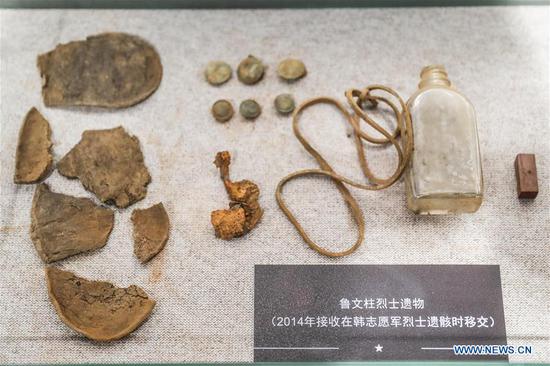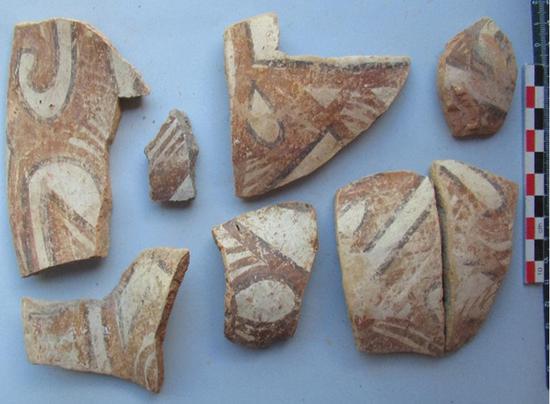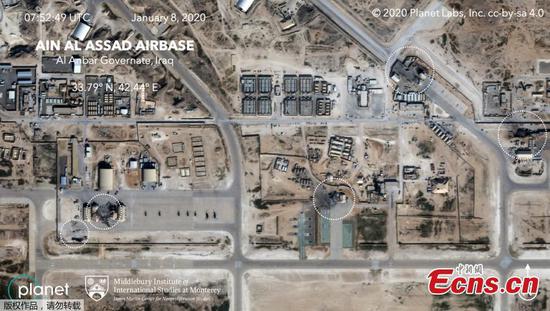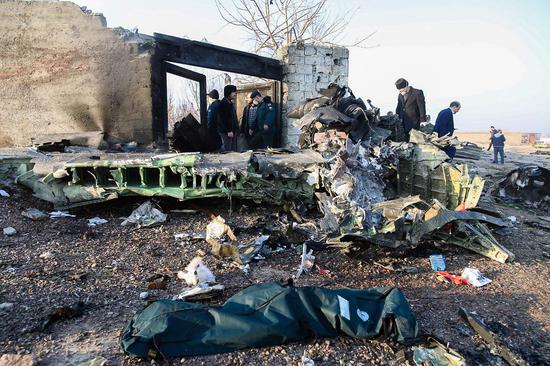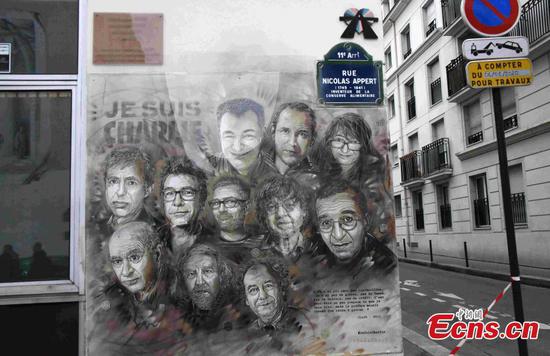
The death penalty for Du Shaoping, who was convicted of killing a man and then burying him under a school sports ground, was upheld by the Hunan High People’s Court on Friday.
Du was convicted of multiple crimes, including the intentional homicide and intentional injury, and given the death sentence by the Huaihua Intermediate People’s Court in Hunan province on Dec 18, 2019, after he was identified as killing Deng Shiping and burying him under the running track of Xinhuang No 1 Middle School in 2003.
Du later appealed to the high people’s court.
After a public hearing on Jan 6, the high people’s court rejected Du’s appeal on Friday, stipulating the original ruling the lower court made was based on clear facts and sufficient evidence. It added that the application of the law was correct, the conviction had no problem and the sentence was reasonable.
The court said it would submit Du’s death sentence to the Supreme People’s Court, China’s top court, for review. Under the Chinese Criminal Procedure Law, a death penalty made by a lower court must be submitted to the highest national court. Defendants can be executed only when the death sentence is approved by the top court.
According to the original ruling, Du hired Luo Guangzhong to manage the running track construction of the school after undertaking the building project in December 2001. Du was angry with Deng, who was asked by the school to be in charge of the construction quality.
On Jan 22, 2003, Du, with Luo, killed Deng in an office of the construction command. That night the two defendants buried Deng in a pit of the playground, and the next day, Luo ordered those driving forklifts to fill the pit up, the ruling said.
Luo, who helped Du with the killing, was sentenced to death with a two-year reprieve for intentional homicide in the hearing on Dec 18 last year, and his conviction and the sentence were approved by the high people’s court on Friday.
In December’s hearing, the intermediate people’s court also identified that a gang of 13 people, led by Du, had been involved in organized criminal activities, such as violent debt collection, disturbing the public order and illegal detention, since 2008, and sentenced 12 others to one to eight years in prison for gang-related charges.
Seven of the 12 defendants were not satisfied with the ruling and appealed to a higher court with Du. But their appeals and sentences were all rejected and upheld by the high people’s court on Friday.












